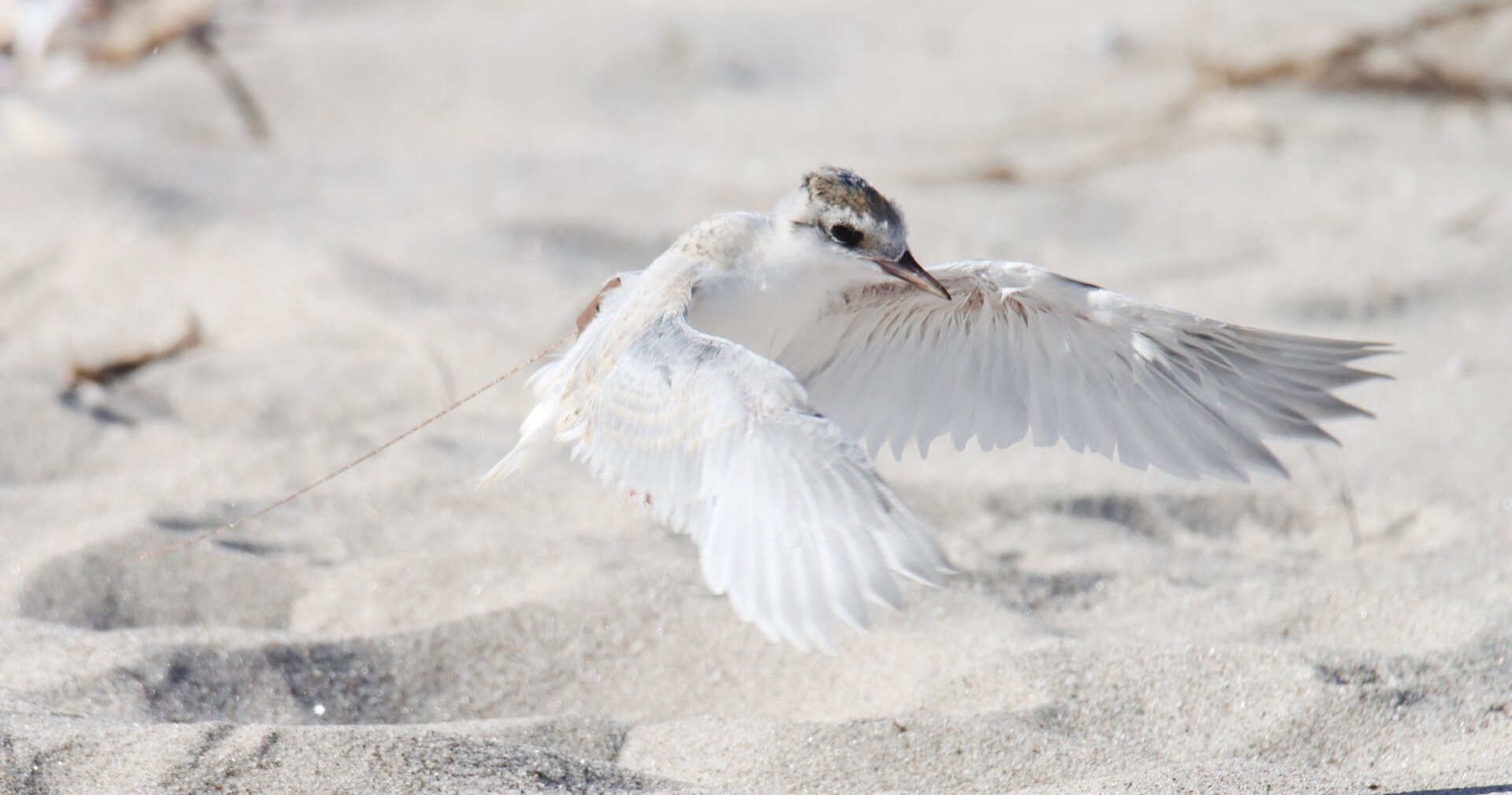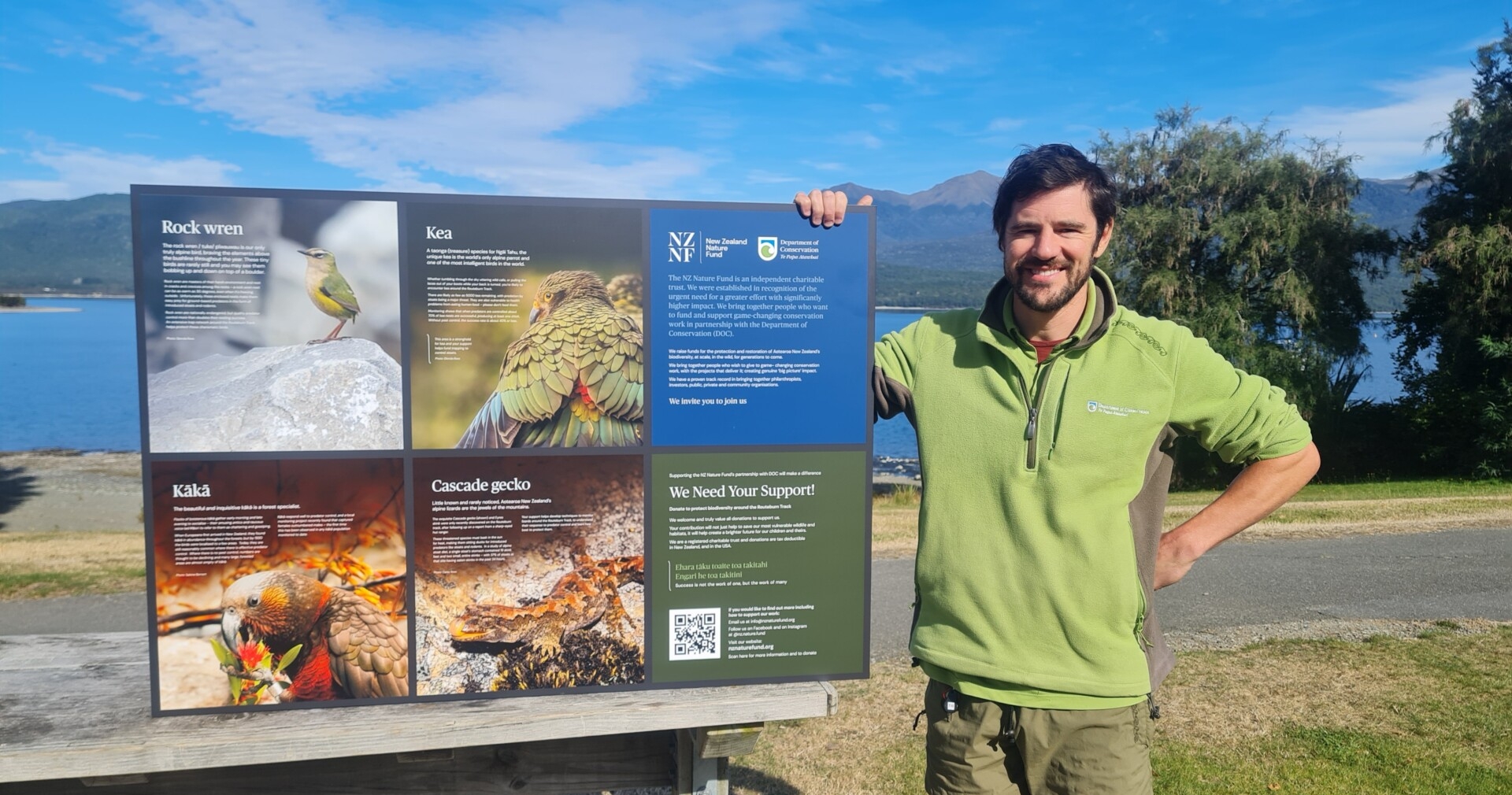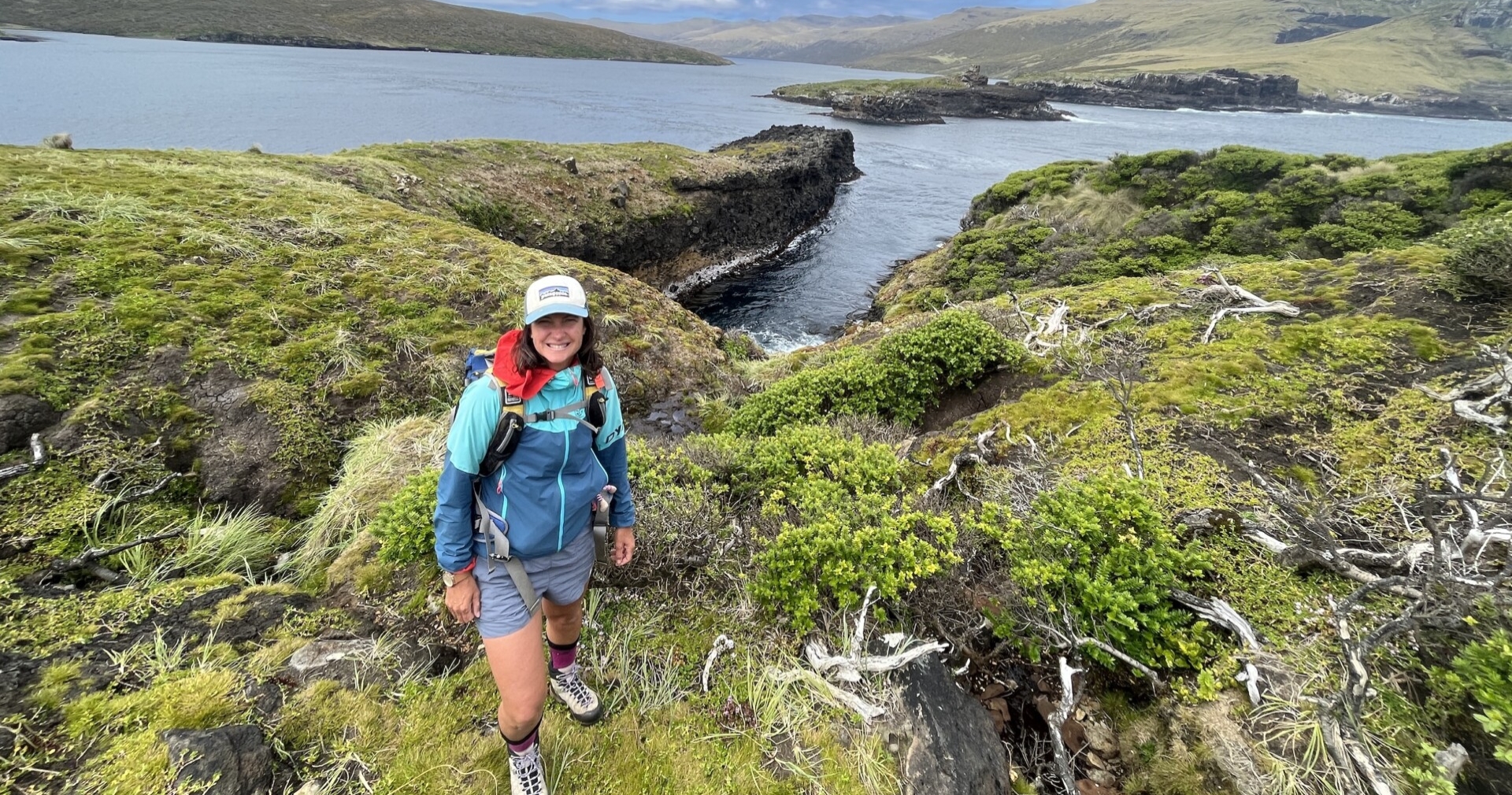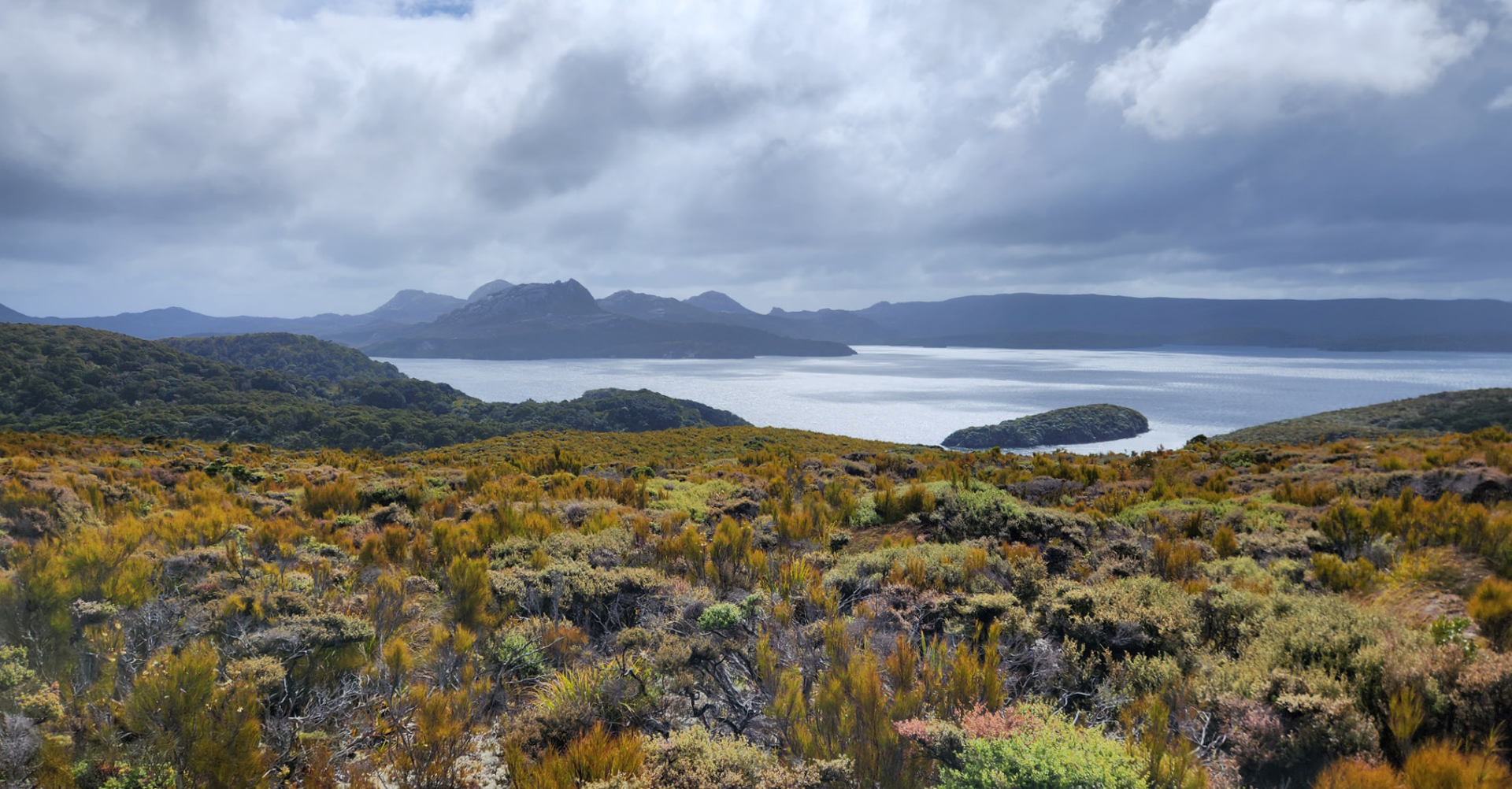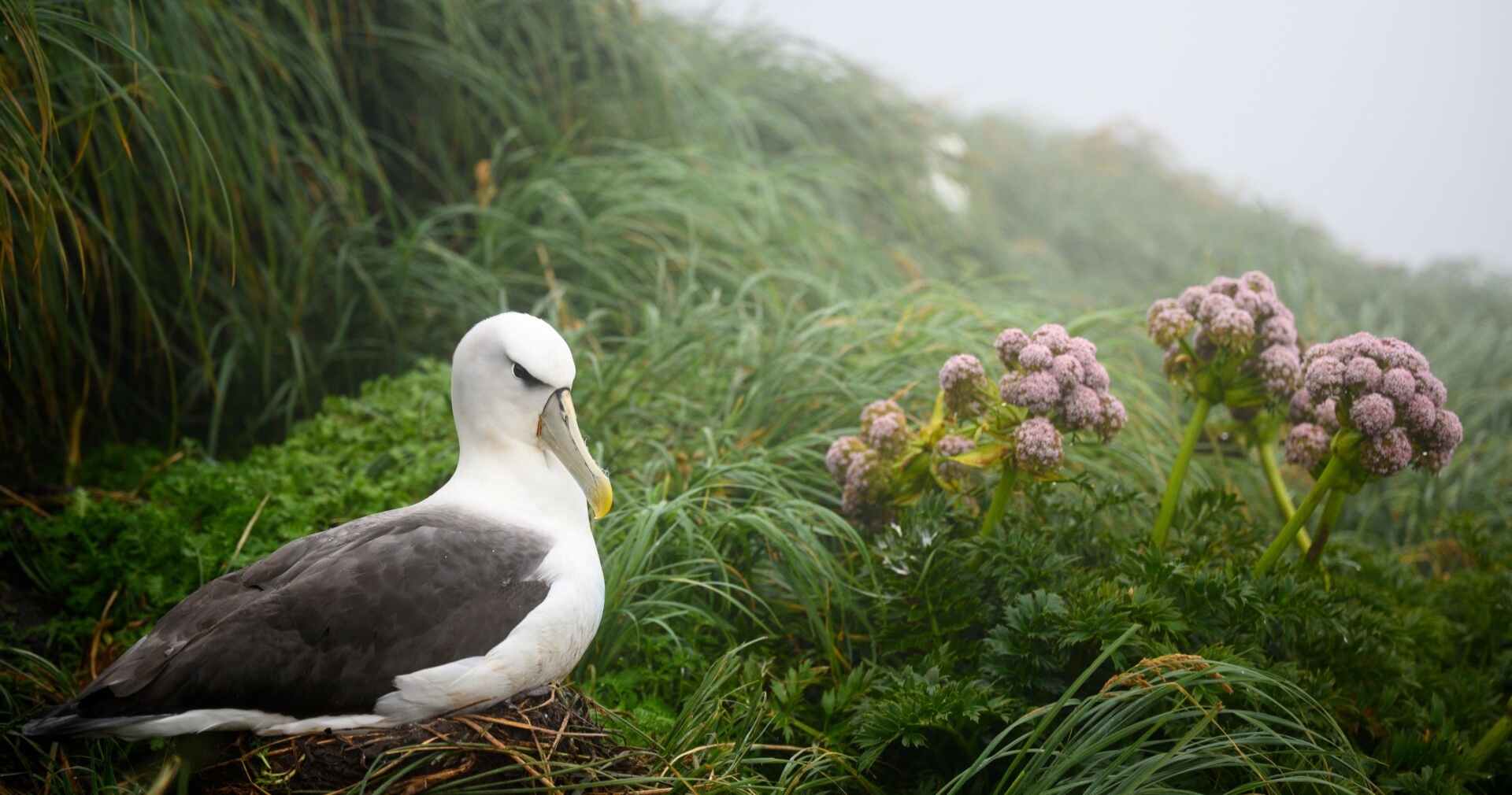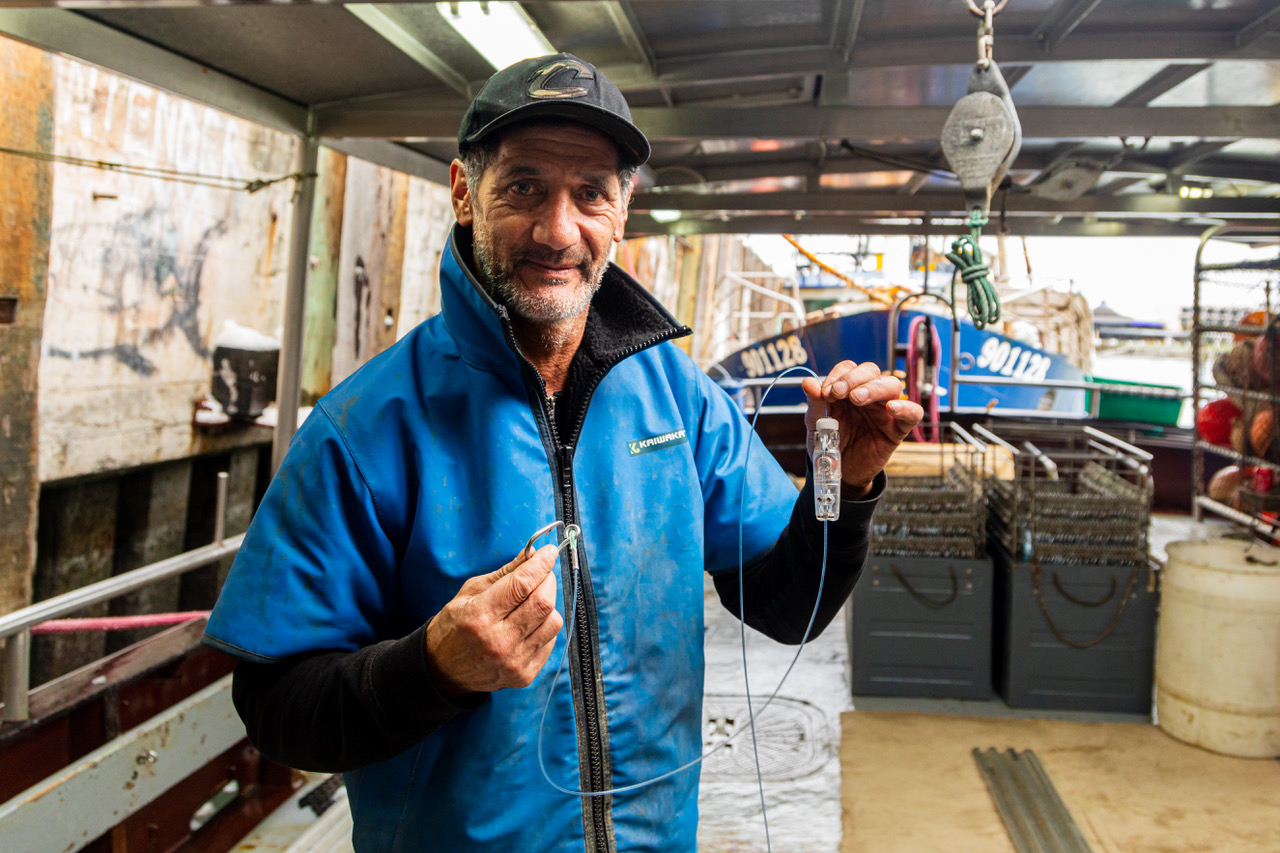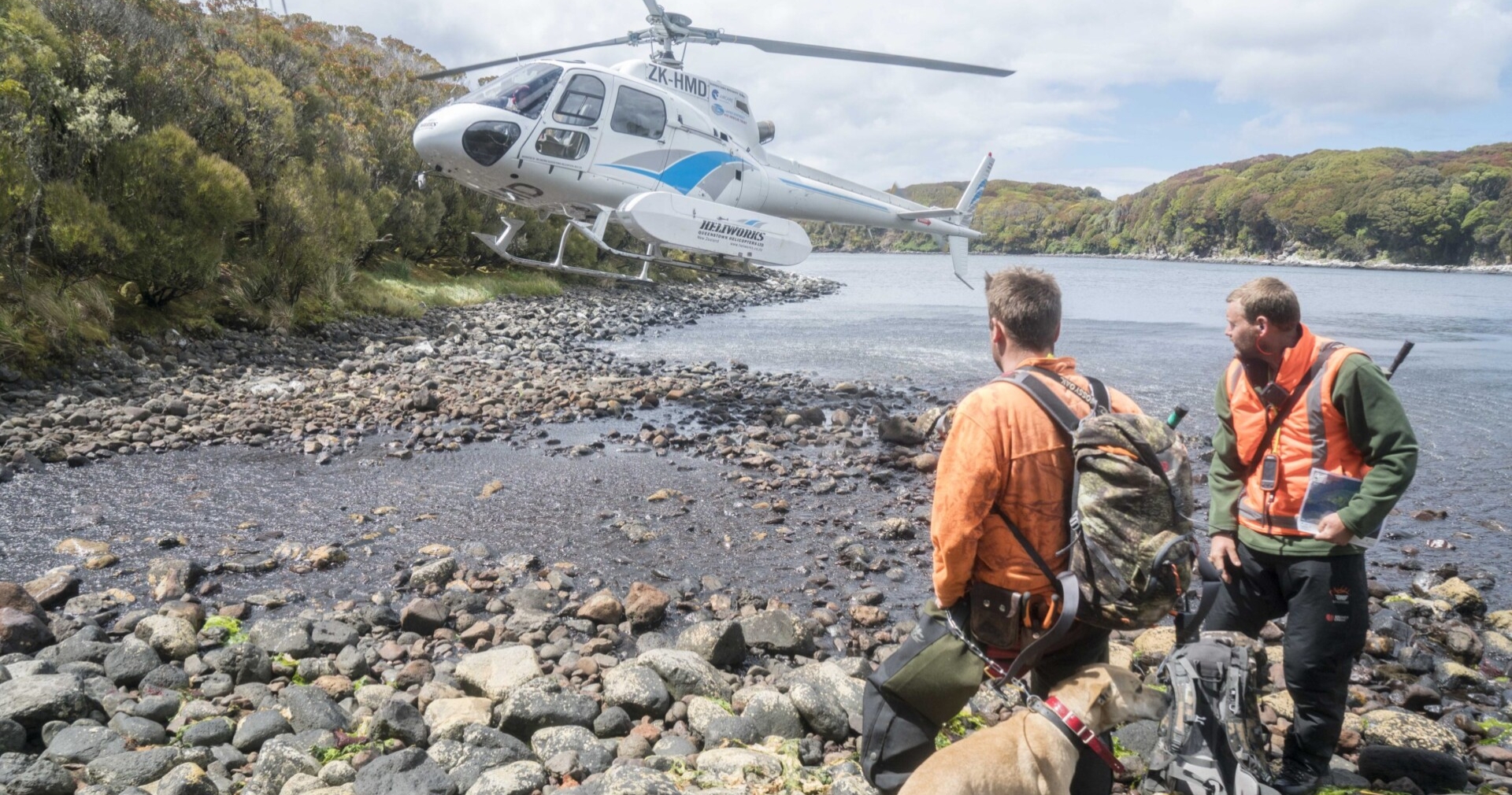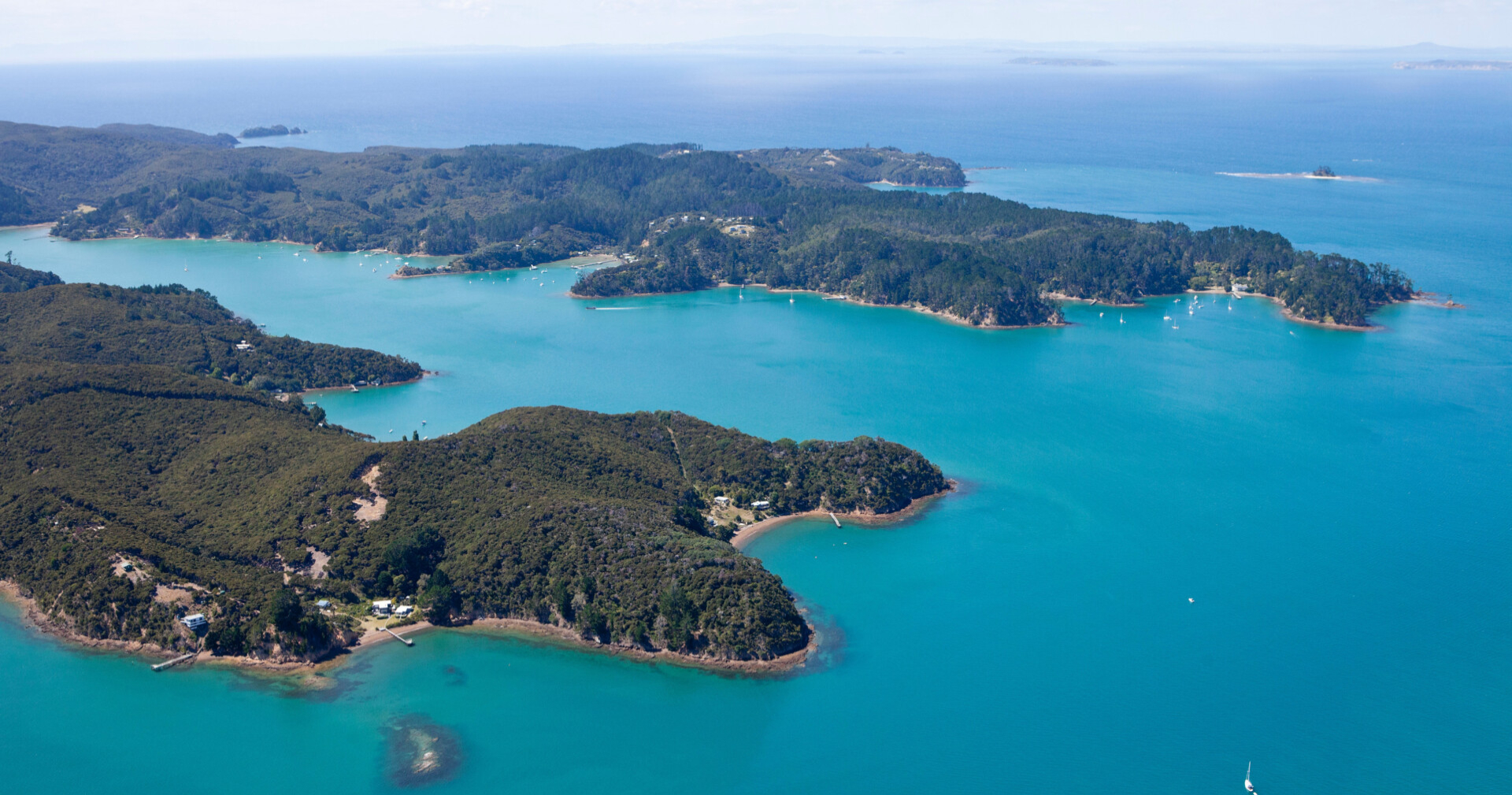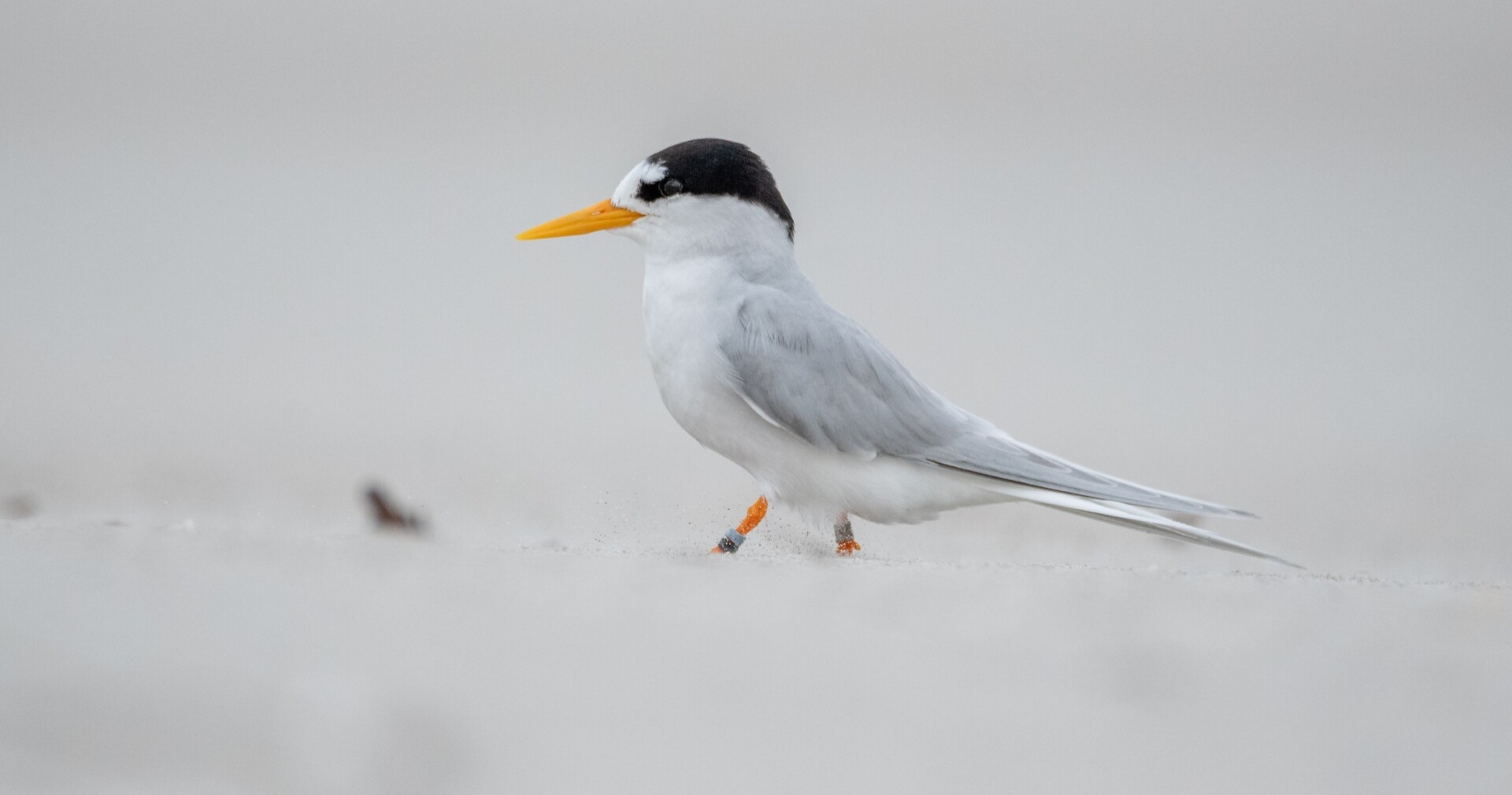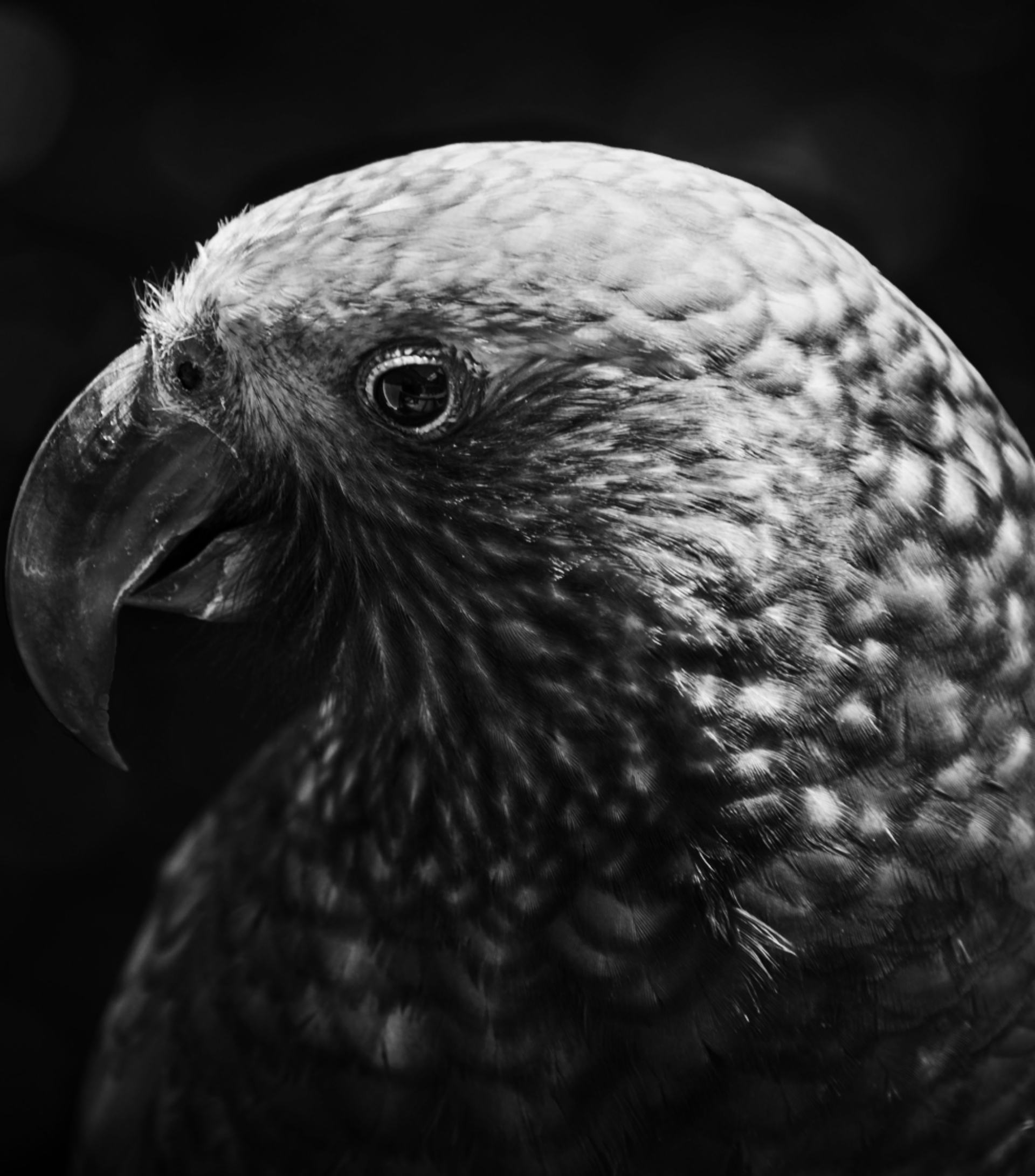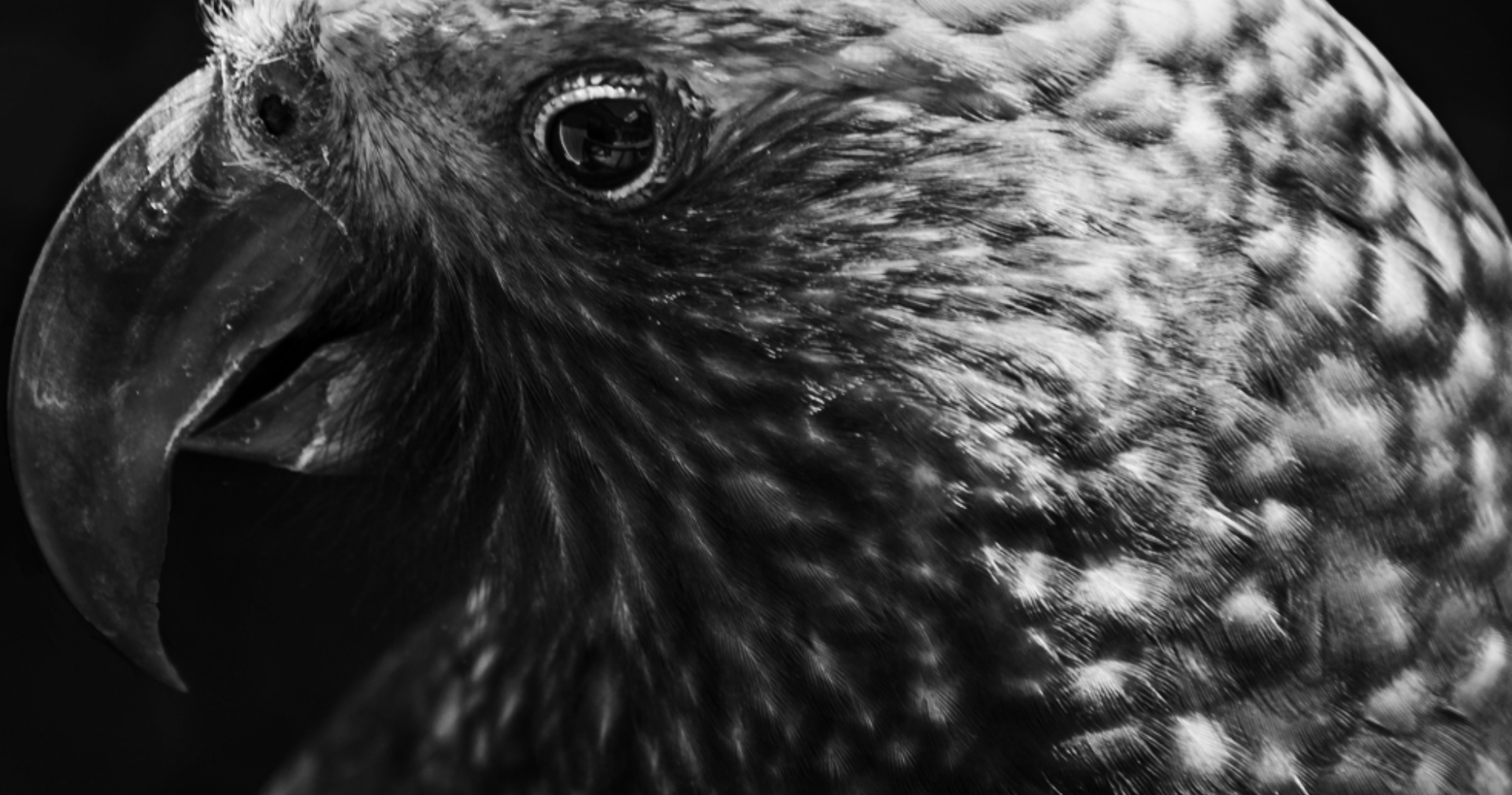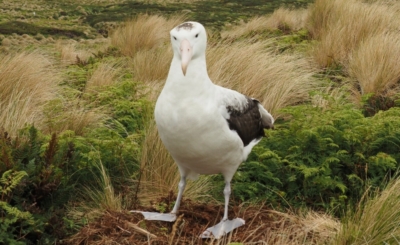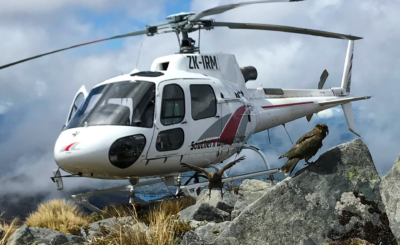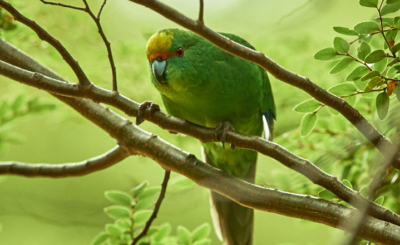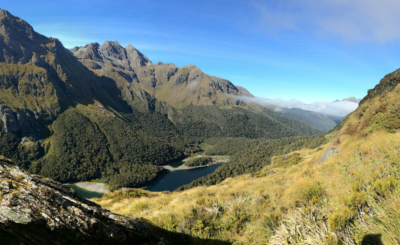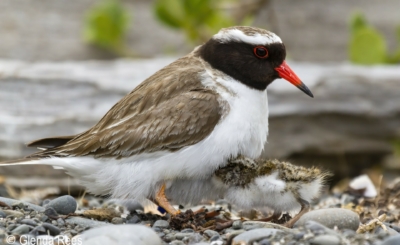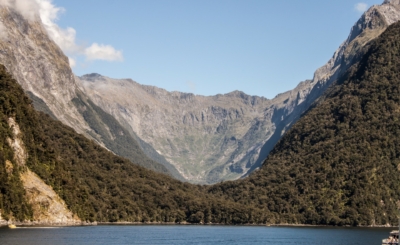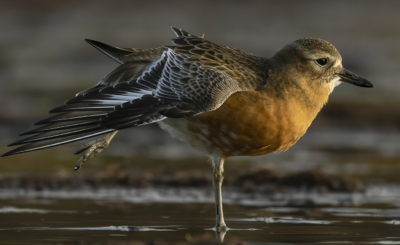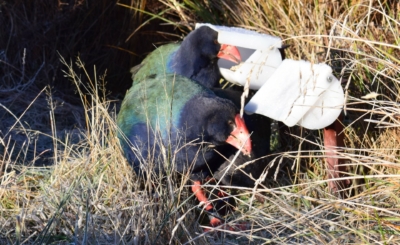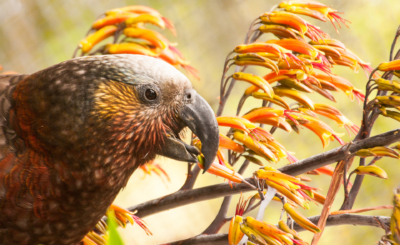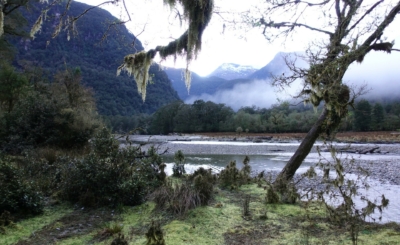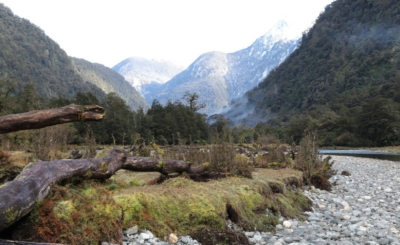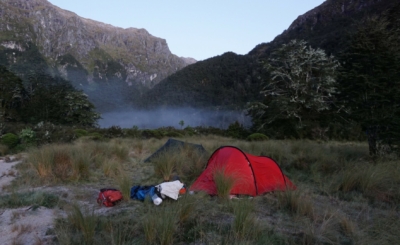DOC Ranger Nikki Hartley says “We’re thrilled to see so much activity early on in the season. It’s a super busy time, but every successfully fledged chick gets us one step closer to safeguarding tara iti for future generations.”
Protecting the tara iti: A collaborative effort
The success of last year’s record-breaking season, where 22 eggs were laid and 14 chicks hatched, was achieved through a combination of predator control, innovative chick-rearing techniques, and habitat protection. This year, DOC continues to build on these advancements:
- Predator control efforts have already ramped up, with hundreds of traps deployed to protect nesting sites. Cats, mustelids, and rats remain the primary threats to tara iti eggs and chicks.
- Incubating eggs and hand-rearing chicks at Auckland Zoo remains critical tools in increasing productivity and growing the population.
- DOC is also doing research to help better understand the tara iti population dynamics and the threats they face, to ensure we are well equipped to reduce risks to the species.
Key nesting sites and community involvement
Once widespread, the tara iti now breeds at only 4 main nesting sites north of Auckland: Papakānui Spit, Pākiri Beach, Waipū and Mangawhai sandspits.
DOC collaborates closely with partners including Patuharakeke, Te Uri o Hau, Ngāti Wai, Ngāti Whātua o Kaipara, Ngāti Manuhiri Settlement Trust, Auckland Zoo, The Shorebirds Trust, the NZ Fairy Tern Charitable Trust, About Tern, Birds NZ, Tara Iti Golf Club, and the Waipū About Tern Trappers.
Generous support for the tara iti season has been provided by the Shorebirds Trust, Endangered Species Foundation, Pākiri Beach Holiday Park, Tara Iti Golf Club, Auckland Council, Manāki Whitebait, Tongariro National Trout Centre, and New Zealand King Salmon.
To help tara iti and other endangered shorebirds
- Stay out of fenced areas and use designated walkways.
- Avoid shorebird nests and chicks.
- Keep dogs on leads and out of reserves.
- Remove bait, fish, and rubbish to deter predators.
- Avoid driving or cycling on the beach.
- If you are being chased, swooped at, squawked at, or if a bird is on the ground pretending to be injured, you are too close to a nest.
- If you find a nest do not touch it and move away quickly. The parent birds will be close by.
“Everyone has a role to play in protecting tara iti. By being mindful of your actions and supporting our efforts, you’re helping to secure the future of this precious species.”
“We love that everyone wants to be hanging out at beaches and estuaries enjoying our beautiful coastline this summer. By remembering that we are sharing these spaces with taonga species like tara iti, and being mindful of your actions, you’re helping to secure the future of this precious manu,” says Nikki.
Donate to save our rarest bird.
DOC and the New Zealand Nature Fund embarked on a new partnership, which aims to raise $1.57 million from public donors and philanthropists for the Tara iti programme over the next five years. With fewer than 35 individuals remaining, every nest, egg, and chick is vital to the survival of this iconic species.


